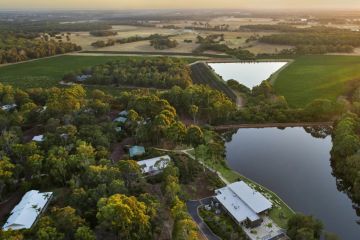How Camberwell Girls Grammar School is connecting students to Country
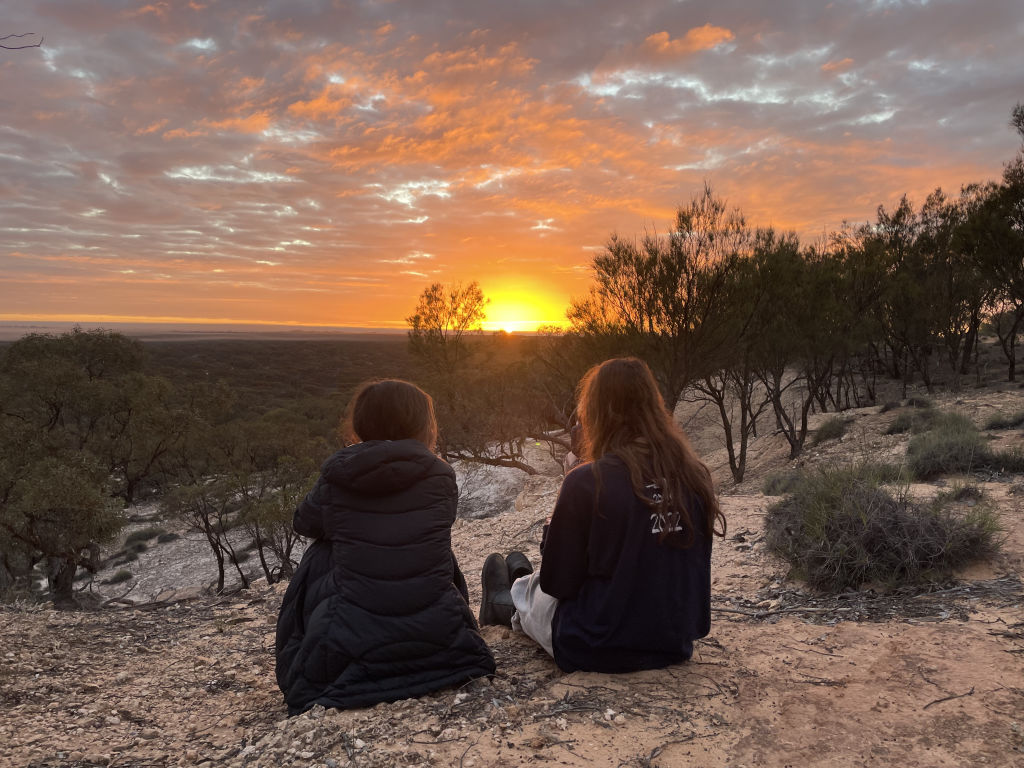
So far this year, two student groups and a group of teachers have journeyed from Melbourne’s eastern suburbs to the Willandra Lakes Region in southwest NSW. The UNESCO World Heritage site is an ancient landscape and includes Mungo National Park, where the remains of Mungo Man and Mungo Lady were discovered.
Human habitation in the area dates back more than 40,000 years and is one of the world’s oldest ceremonial sites. Ancient fireplaces, plants, stone tools and animal bones are preserved in the landscape – looked after by Aboriginal rangers.
Since 2019, teachers at Camberwell Girls Grammar School have built a relationship with the Indigenous Elders and Senior Lore Peoples who maintain the Rick Farley Conservation Area within the region.
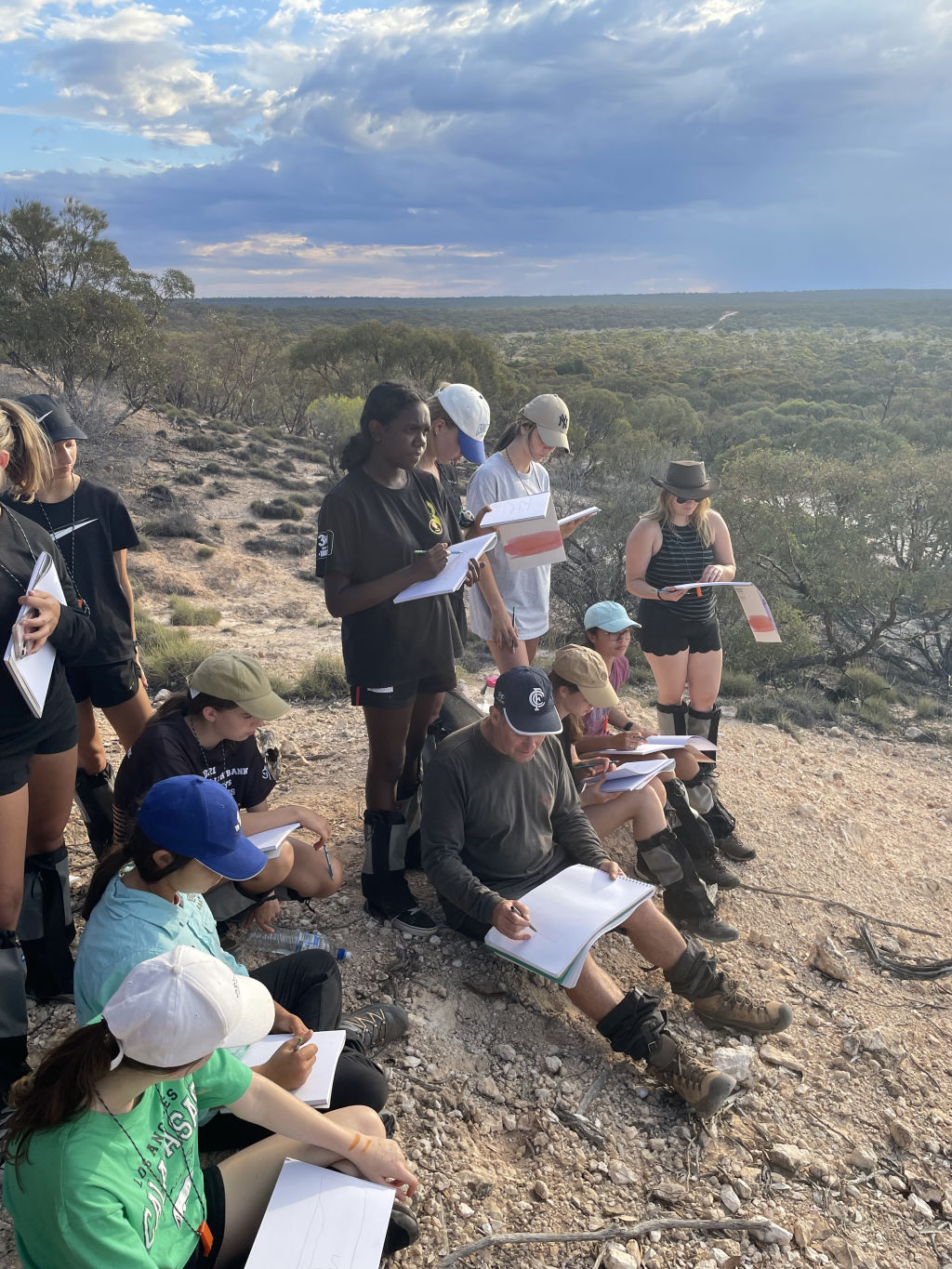
“The area is rich in Indigenous history and culture, and our Living Culture program immerses students and staff in that amazing landscape. They work with Elders to understand more about Indigenous culture, traditions and practices,” says CGGS principal, Debbie Dunwoody.
The seven-day trip sees groups of 15 students from years 9 to 12 sleep in swags around a campfire as they explore the area under the guidance of local Elders. Life takes on a very different rhythm and pace, and there is plenty of time for students and teachers to simply sit, listen, watch and reflect.
“It’s a very grounding experience. Initially, I think the landscape and way of life is a culture shock but very quickly, students relax and connect with themselves and each other,” says Georgia Biggs, Reconciliation Co-ordinator at CGGS.
“They understand the usual busyness of their lives and that this experience is something quite different. They learn to appreciate simple things like slowing down and star gazing – it’s quite meditative. They also work on an art project and journal while they are there, and that is also very reflective.”
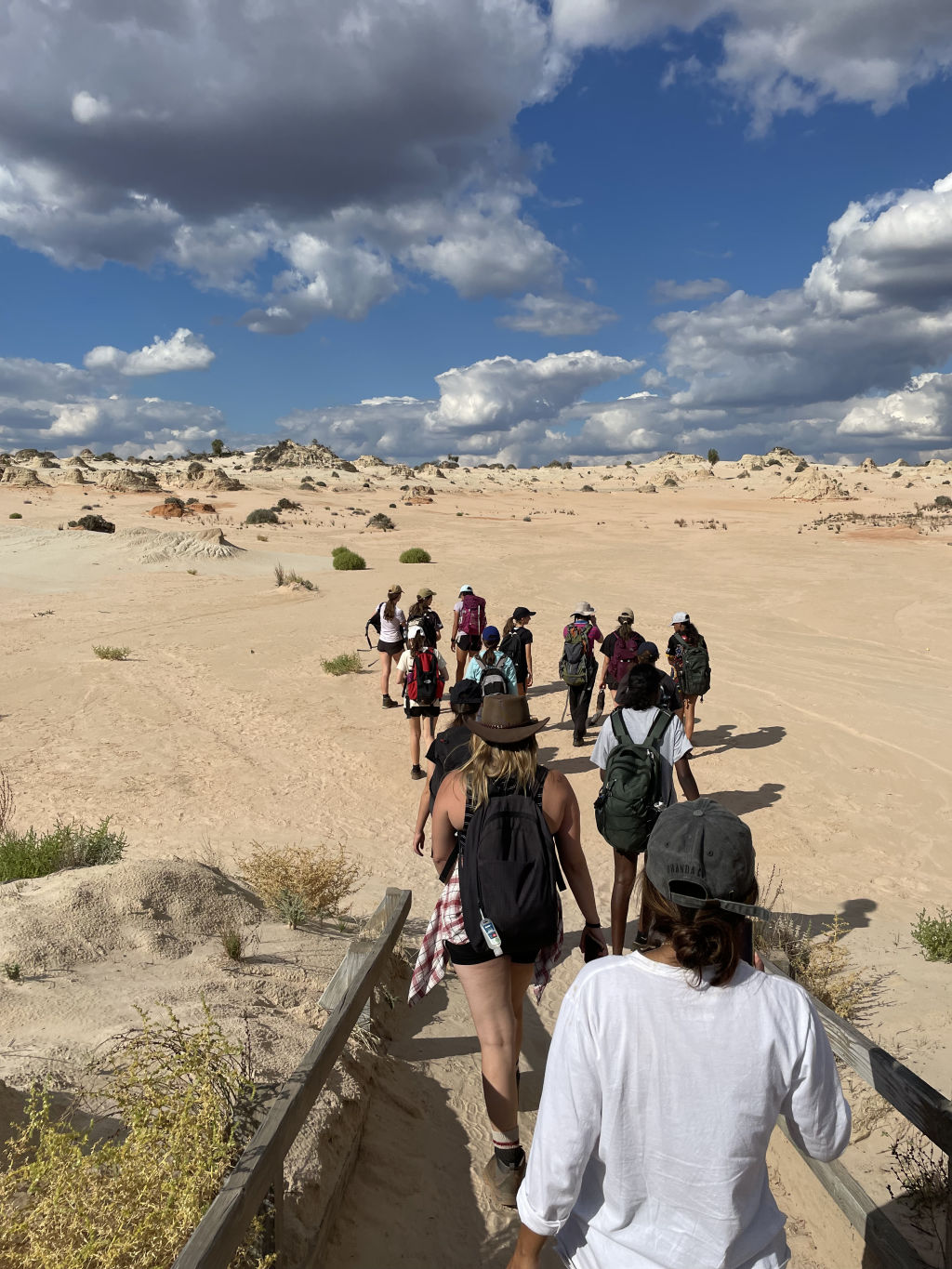
Elders generously share their knowledge and insights, and Dunwoody says this has a significant impact on students and teachers.
“They appreciate the significance of whom they are learning from, and their wisdom and I think students then start to think about that in terms of their own parents and grandparents and valuing their wisdom,” she says.
“Students and teachers have used the words ‘life-changing’ when talking about this trip. They learn to work more in tune with natural cycles and rhythms and to not be so driven by timetables and appointments. It’s a powerful seven days that connect them more deeply to other people, to Country and to themselves.”
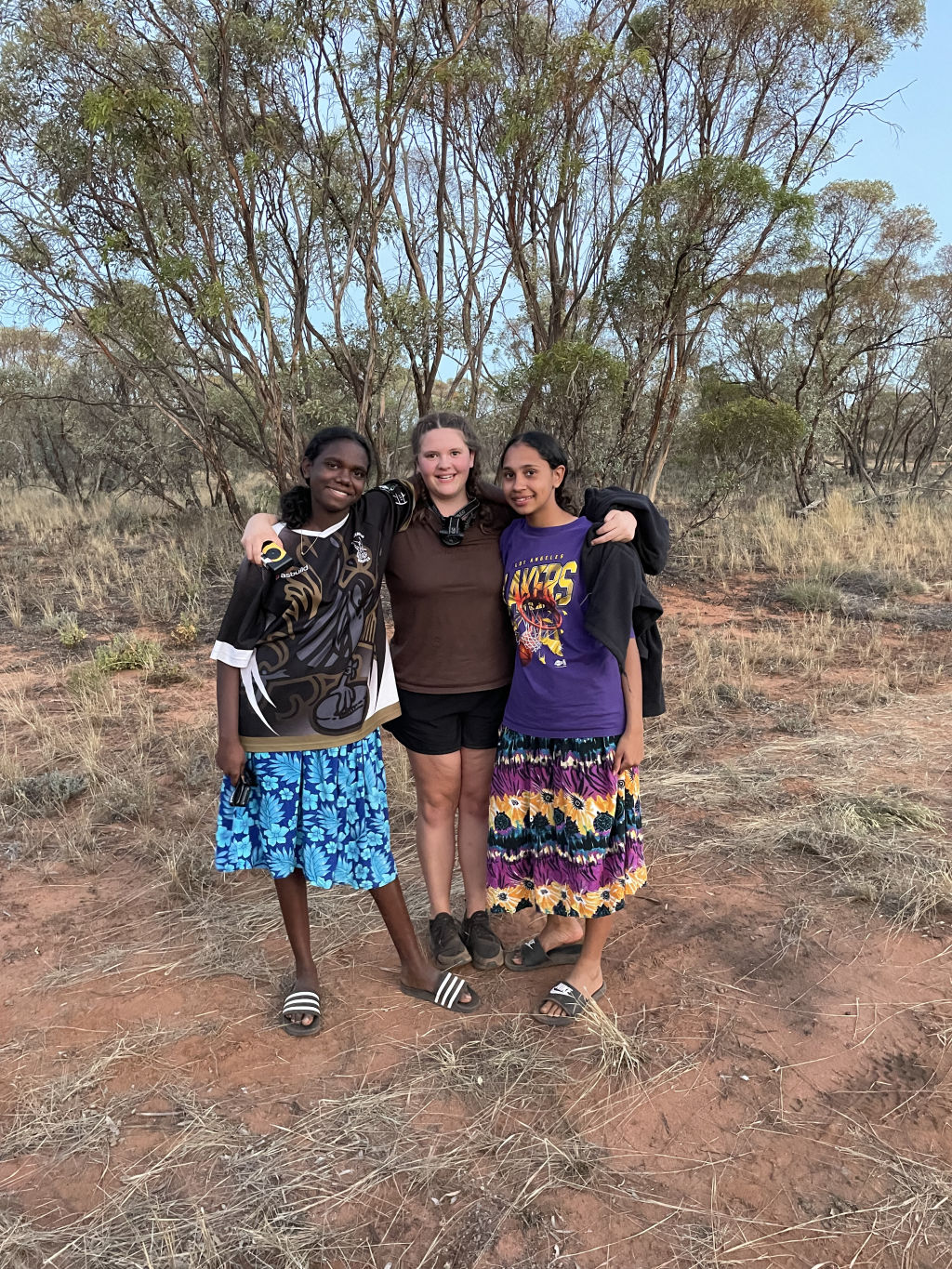
Student reflections
“Lake Mungo was one of the best experiences of my life.”
“We all began to ground ourselves and slow down, which is something I know most of us weren’t really used to.”
“I was taught a lot about strength and one’s power, and it has made me stronger as a person.”
“I remember feeling like there wasn’t a care in the world, and at that moment, it was just me, the earth and the starry night sky.”
“The Mungo Living Culture program allowed me to understand the history and connection that can be found within the landscapes around us.”
CAMBERWELL GIRLS GRAMMAR SCHOOL\ 2 Torrington Street, Canterbury 3126 9813 1166 cggs.vic.edu.au
We thought you might like
States
Capital Cities
Capital Cities - Rentals
Popular Areas
Allhomes
More




